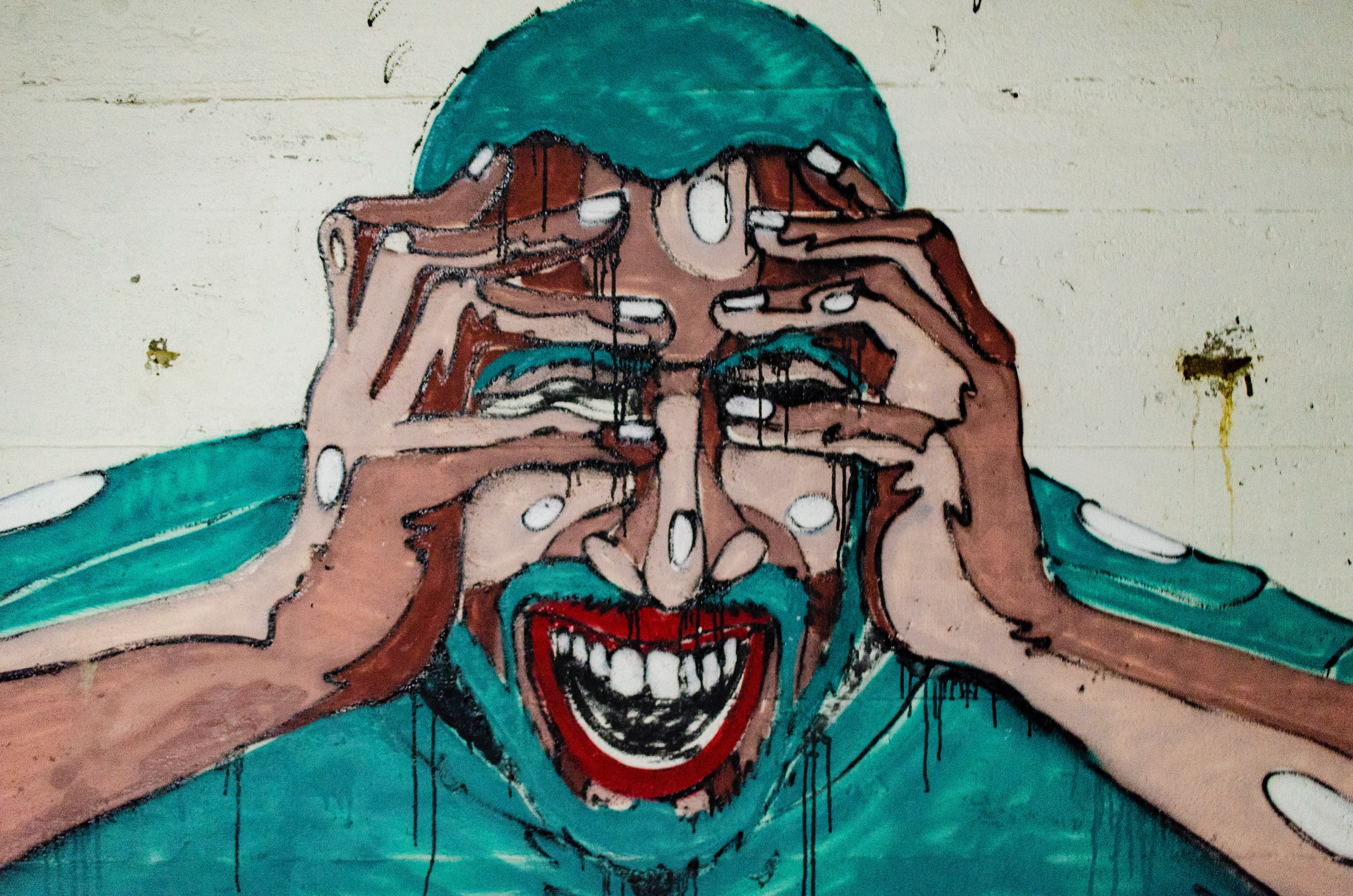Did you know that anxiety disorders are the most common mental illness in the U.S, while depression is known to be the leading cause of disability worldwide?
According to the Anxiety and Depression Association of America, 40 million adults in the United States suffer from anxiety and 16.1 million are affected by depression.
And still, we know so little about these two mental conditions.
Recently, I’ve been diagnosed with recurrent depressive disorder after years of struggling with myself and my demons. Depression and anxiety have become an integral part of my life, but I’m finally taking the necessary steps towards recovery.
For the majority of my life, I’ve been hearing all kinds of theories and opinions and receiving unsolicited advice from people who have never experienced these conditions.
And I sincerely hope they never do.
Today, I wish to shed light on some of the most common misconceptions about depression and anxiety. Most importantly, I want to give a voice to all the people who are unheard and misunderstood, like I once was.
Depression and Anxiety are Results of Trauma
Contrary to what many people believe, mental conditions don’t always occur as a result of trauma. Furthermore, a person doesn’t have to have a specific reason to be depressed, anxious or suffer from any other mental illness whatsoever.
Of course, a tragic event can trigger or even increase the symptoms of a mental condition, but in reality, people fall victim to these illnesses the same way they would from any other disease.
There’s no fairness or logic in this vast universe; non-smokers get cancer, professional sports players die of heart attacks, people who have everything that they could possibly imagine can be depressed.
Questions like “What do you have to be depressed about?” are condescending and belittling. In fact, they can only worsen the condition of the person who’s already struggling.
Don’t detract from someone’s pain and suffering.
Don’t tell them that it’s all in their heads.
And most certainly don’t tell them to “snap out of it.”
Depressed People Feel Only Sadness
Everybody has it rough sometimes, right? Yes, that’s absolutely true, but comparing a rough patch with depression is like saying a person doesn’t like eating a certain food when in reality he/she is deathly allergic to it.
Depression isn’t just a recurring feeling of sadness. It can be manifested in a variety of different ways such as feelings of hopelessness, emptiness, loss of interest, anger, fatigue, suicidal tendencies and even physical aches and pains.
While a prolonged period of sadness could indicate depression, that’s not always the case. However, if you or someone close to you feel sad or down for more than a couple of weeks, you should definitely pay a visit to a local psychologist.
Don’t prolong your suffering for no reason.
Depressed People Sleep All the Time
Although fatigue and lethargy are common signs of depression, the truth is that this mental condition doesn’t affect all people in the same way.
Until my psychiatrist prescribed sleeping medication along with antidepressants, I couldn’t sleep at all. And that went on for years. I felt weak and frail and even when I was so tired I couldn’t function anymore, I still couldn’t get a good night’s sleep.

Sure, sleep masks and earplugs do help mask the sounds of the outside world, but no amount of props will help you shut out the noise in your head.
This isn’t typical for everyone though. Every person experiences depression in their own, specific way. Moreover, there’s more than one type of depression and the symptoms can often vary from case to case.
Some people even have what is commonly known as “High-functioning depression”, meaning they’re able to go about their daily routines with no difficulties, while internally suffering a great deal.
Every type of depression should be taken seriously. No matter whether it’s mild, moderate or severe, all conditions deserve equal attention and awareness and should not be taken lightly.
Anxious People are Generally Shy
This one is certainly my pet peeve.
I was severely anxious throughout my childhood, to the point that I even felt paranoid at times and couldn’t leave the house for weeks at a time. I wasn’t fond of people, especially strangers and new, unexpected situations disturbed me.
This continued throughout my teen years but has decreased in the last couple of years.
But even with all that burden upon my shoulders, I was always a pretty confident person. I know my worth and I never have a problem speaking my mind (which isn’t always the best way to go, but one condition at a time, huh?)
It always bothered me how my parents, friends and even ex-boyfriends would always introduce me to other people with an apologetic look on their face: “She’s just very shy you know..” Like it’s a crime to be shy or god forbid – anxious.
In the last few years, I’ve met a lot of people from all around the world. All of them with their amazing stories, successful careers, wonderful families and different problems. A fair share of those people suffer from extreme anxiety and are still some of the most confident people I’ve met to this day.
Artists who display their work proudly, musicians who perform superbly in front of huge audiences and models who spend hours in front of the camera.
Anxiety and shyness may share some similar traits, but they are very much different things. Don’t assume things about people and more importantly don’t attribute them characteristics which aren’t their own.
The same can be applied to the common introvert-extrovert debate. It’s a common myth that anxiety equals introversion.

Unlike introversion, which is an inborn personality trait, anxiety is a serious mental disorder, which is developed throughout one’s life.
The two are not to be mistaken with each other, especially given how anxiety usually comes in a package with panic, fear and heavy amounts of stress.
Regardless of whether a person is introverted, extroverted, shy, anxious, depressed or suffering from something completely unrelated to these conditions, people should never presume to know what someone is going through.
There’s no perfect recipe that can make things better overnight, but constant support and understanding can go a long way.
Each person is different.
Each person is unique.
And remember – each person is fighting a different battle.


